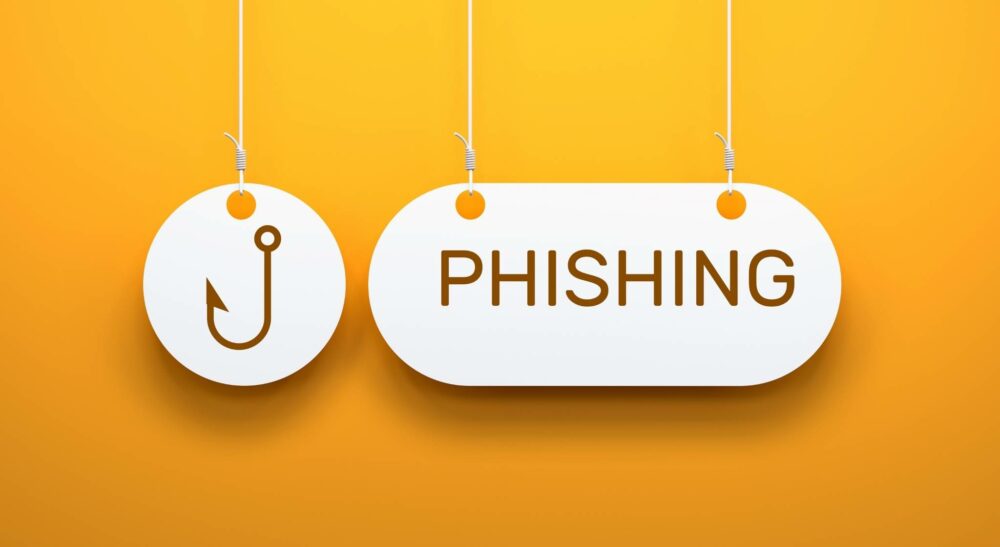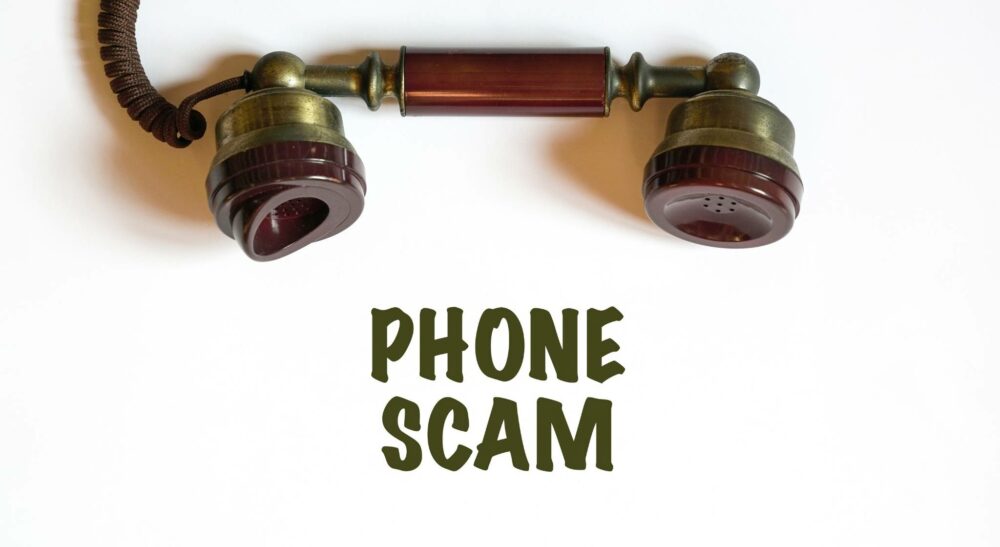‘Get-Rich-Quick’ Scams Millennial TikTok Users

As the UK entered its first lockdown, Charlotte Jessop began filming financial education films on TikTok. Her brief videos on debt repayment, budgeting, and investing immediately became popular.
The 34-year-old says that a handful of videos went viral, and it resulted in tens of thousands of followers for her. “There was a lot of TikTok content that wasn’t necessarily good advice, and some of it was scammy or dodgy. So, I thought maybe there is scope to be the voice of reason.” She says.
Background of This Scam
Jessop has 60,000 followers on Instagram, and her videos have been viewed millions of times since March 2020. However, her expanding social media following has made her account a target for scammers looking to prey on average TikTok users.
TikTok isn’t the first social media platform that has been attacked by financial crooks. According to Jessop, one of his Instagram followers lost £100 as a result of a similar imitation attempt. However, as the fastest-growing social networking app in the UK, it is gaining traction as the UK’s spiraling cost-of-living issue leaves Britons looking for answers – and possibly more interested in ‘getting rich quick’ than financial education.
Imitation accounts have flooded the comments section of Jessop’s videos, duplicating her profile image and using a username that is as near to hers as possible. They usually drive users to secret messaging applications and promise tens of thousands of pounds in incentives. “We’ve spent ages building up trust on these platforms.
And these scammers that are essentially copying our accounts,” Jessop says, adding that she has sought unsuccessfully to have them removed. “I will report them, and TikTok will do nothing. They’ll say there’s no violation.”
During the lockdowns, the number of adults accessing TikTok, which is controlled by Chinese internet company ByteDance, increased from 3.2 million in September 2019 to 13.9 million in March 2021. Despite this, it is still disproportionately utilized by younger folks, who, according to Lloyds, are now the most probable victims of financial fraud.
Attention-grabbing Videos are Mixed with Anecdotes

The app’s brief, attention-grabbing videos are mixed with anecdotes from micro-entrepreneurs claiming to make thousands through risky or passive investments and buy-to-let landlords with highly leveraged property empires, all given through an unnervingly addictive recommendation system.
However, there are rising fears that consumers may be diverted away from financial counseling films and onto deceptive money-making schemes. Peers from the House of Lords Digital Fraud Committee grilled representatives from TikTok and Facebook parent Meta on Monday about what they’re doing to combat scammers on social media sites as the public’s awareness of such criminals grows.
Lord Browne of Ladyton questioned if the sites are actually dedicated to catching scammers rather than deflecting blame elsewhere. “Where does the balance between consumer awareness and victim-blaming lie?” he wondered.
Last year, moderators deleted more than 2 million rule-breaking videos sent by UK users, according to Liz Kanter, TikTok’s UK head of government affairs. Ms. Kanter explained that TikTok’s standards prevent users from advocating “get-rich-quick schemes, pyramid schemes, and peer-to-peer loans” and that over 13,000 of those videos were promoting online scams.
In February, LaNiah Moon had just moved out of her college dorm and into her parents’ home when she got a direct message from a lady named Maya on Instagram, offering her the chance to “earn some quick cash.” Ms. Moon, 22, had lost her on-campus employment when the Covid-19 outbreak broke out the year before and was taking classes remotely from her home in Chicago while hunting for work. She claims Maya told her she could “convert” $150 into $1,500 if she handed her $150.
Although Ms. Moon was doubtful, she claims that Maya had thousands of Instagram followers, including a “mutual” (whom Ms. Moon also followed), giving the woman’s profile credibility. She also saw photos of Maya posing on top of a car and claims that her gullibility was influenced by her idea of prosperity.

Ms. Moon recalls, “I believe I was just really, incredibly vulnerable at that moment.” “I just thought, ‘I’ll email this and see where it goes.'” Ms. Moon used Cash App, a mobile payment service, to send the money. Ms. Moon had little recourse when Maya vanished: while Cash App asks users to confirm what they’re doing before sending money to a new individual, once payments have been made, they can’t be reversed unless the recipient decides to do so.
TikTok outlawed the marketing of “high-yield investment schemes,” such as pyramid schemes, last summer. The Financial Conduct Authority (FCA) issued a public warning earlier this year, advising users to avoid “high returns” and share investment ideas on TikTok since the advice did not alert users about the potential of huge losses.
The financial regulator hasn’t shied away from placing its own films on the site, warning what it refers to as “younger, higher-risk investors” of the perils of falling prey to financial frauds. The Financial Conduct Authority (FCA) has spent £50,000 on TikTok advertisements to warn viewers about scams.
DO YOU NEED EXPERT ADVICE?
We have encountered victims who were mentally and emotionally drained when they were scammed out of their money.
We can help you with your legal and technical concerns and we can help you get your money back.
Take The Risk Movement…
TikTok also reiterated its commitment to limit financial advertising, allowing only FCA-regulated organizations to advertise financial products and schemes.
Moves to discourage people from participating in ‘pump and dump’ schemes are also included in such agreements. In 2020, a hoax centered on the satirical cryptocurrency Dogecoin, in which so-called financial influencers hyped the token’s growth possibilities.
The Telegraph watched a number of videos that directly encouraged low-income people to start engaging in credit card fraud. Several films were posted with the hashtag #taketherisk, encouraging people to start cloning credit cards. Many of these clips include huge amounts of banknotes, payment cards, and gift cards from chain retailers, which have fewer controls than credit or debit cards yet allow holders to physically move enormous sums of money.
#taketherisk is a hashtag that encourages people to take risks. TikTok’s algorithms recommend searches for “swiping,” a phrase for obtaining credit card information and reselling it on the underground market. Only those in the know will recognize gadgets for cloning credit cards or the relevance of vast quantities of store gift cards in videos about swiping. The majority of the clips examined by the Telegraph had comments asking listeners to join Telegram or Discord for further information, with many channels being invite-only.
Other influencers amass enormous followings by posting videos about their success with “side hustles” like cryptocurrency trading, then offering their followers online guides or courses on how to replicate their success.
The most common scams today, according to Satnam Narang, a research engineer at the cybersecurity firm Tenable who has been studying social-media scams since 2007, are internet deals and product freebies in which the goods are never delivered; promotions of free cash or too-good-to-be-true investment opportunities, sometimes involving cryptocurrency; and fabricated romances. No platform, he claims, is immune to these techniques.
Ezchargeback can help you deal with scammers who coerce people into giving them money. For more info, visit our news page.
Sources
Find Related News
Subscribe to Our Newsletter

Scam Recovery Resources
ALERT | DirectEnergy Limited Review: Is it Legit or a Scam
We looked for a lot more information about the company on the UK business registry since it claims to operate in the UK. But, no company information was found at all. It looks like they had copied the registration information of an existing company and added it all to their website, and say that it is theirs
Alert| FXbit-Traders Review: Is It Legit Or A Scam
0 Rated 0 out of 5 Scam Company 0 out of 5 stars (based on 0 reviews) Report Scam Leave A Review FXBIT-TRADERS INVESTIGATION HIGHLIGHTS
Alert| 24fxoddpro Review: Is It Legit Or A Scam
The crew at Ez Chargeback, a specialized business dedicated to helping clients recover money lost online, is available around-the-clock and has helped clients throughout the globe recover millions of dollars. Read this 24FXODDPRO review to know more!
World Chargebacking
The victims of unauthorized and illegitimate transactions have to face the immense threat of losing their money. Adira, an independent, affluent, and working woman, of age 34 fell into the disputed transaction by a well-known company, however The World Chargeback recovery company was quick to help her!
ALERT | ICG24 Review: Is it Legit or a Scam
ICG24 also claims to be regulated in the UK. As per United Kingdom law, all firms and individuals offering, promoting, or selling financial services or products in the UK shall be authorized by the United Kingdom Financial Conduct Authority (UK FCA). However, we only found a warning against this broker in UK FCA.
FundTrace is committed to upholding the journalistic standards online, including accuracy. With our news reporting, our policy is to review each issue on a case by case basis, immediately upon becoming aware of a potential error or need for clarification, and to resolve it as quickly as possible.
do you need help?
A lot of those who contact us have questions and concerns about their personal and business data being compromised. We aim to arm you with the legal and technical know-how in the fight against scams. Also, we will be able to refer you to top scam recovery agencies.
Please fill up the form. Rest assured that our support team will get in touch with you










